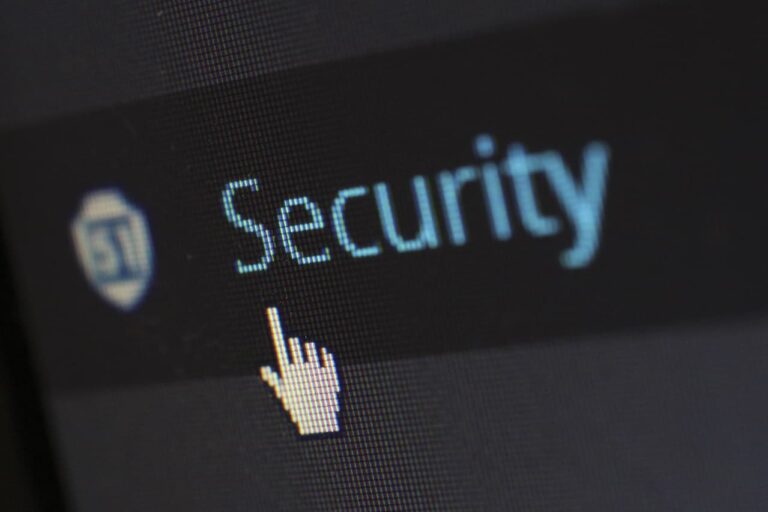BUSINESS
Cybersecurity Essentials: How to Run Your Business with Maximum Security

WORDS: Peter Minkoff PHOTOGRAPHY Supplied
In the world where everything is moving to the digital format, cybersecurity is becoming even more important for businesses because it can help prevent a potentially catastrophic data breach where both the company and its clients can suffer severe consequences. Working with data is a day-to-day operation for many businesses where actual security protocols are often neglected or their importance is simply downplayed. When in reality data that a particular company uses is perhaps is its most valuable asset. Using a simple password won’t be sufficient. As nowadays even simple email accounts require a two-step verification process, and that is only for personal accounts. Imagine what kind of protocols a business would need to implement in order to stay fully secure. Luckily, this guide covers the most essential methods for boosting your cybersecurity.
Backup all your important data
Before even diving deeper into more complex cybersecurity protocols. It is important to isolate and secure the data that you already have. This will allow you to stay operational even if all of your data is destroyed or stolen. Unfortunately, there are many things that can go wrong; your servers can simply crash, data drives are fried, or there is malicious software that deletes data. Cyberattacks are extremely vicious because in some scenarios it is possible to simply override data and feed companies with false information this can disrupt the entire operational efficacy and harm clients. Having a secure backup is the only way to recover such data. You can use some of the latest backup tools that can automate the process for you, allowing you to continually upload important files.
Monitor who has access to company computers
Threats are just as possible from within an organization. That is why it is extremely important to monitor who has access to your company’s devices. This doesn’t only mean protecting the computers either, you also have to determine who and when can access printers, server rooms, and external drives. Ideally, you want to authorize only specific members of your workforce who will be able to access these machines. Each employee should have their own password and user account and the login information should be updated regularly in order to ensure that only the right people have the access.
Train your employees
Apart from good technical and soft skills. Employees of the future should also be well versed and trained in cybersecurity. This enables everyone to do their part of the job much more safely, without compromising valuable data. By incorporating a policy that encourages employees to learn about the essentials of cybersecurity, you can ensure that your company can stay ahead of the curve in this rapidly-growing field. During meetings you can assess any potential concerns that people might have around cybersecurity during their day-to-day operations. This is a great opportunity to also introduce cybersecurity training courses, which are aimed at enabling each individual within your organization to handle user data using the latest cutting-edge cyber security risk assessment tools.
Use encryption
When running any sort of enterprise that handles data and runs its operations through digital platforms, it is important to point out the significance of using a good password. Everybody understands by know that most online digital services will have password authentication required, and for the most part this step gets overlooked. That is why people tend to use passwords which are convenient and easy to type out and remember, sacrificing their account security. This can lead to quite drastic consequences in a work setting. Hackers only need access to a single computer in order to breach the entire company network. That is why it is necessary to incorporate password protection best practices as part of good employee training and encourage them to change their passwords frequently.
Implement a comprehensive firewall solution
Firewall software is one of the cornerstones of cybersecurity. Running almost any business regardless of its scale will entail taking precautions to protect assets and customers from cyberattacks and viruses. A firewall is a great way to do this. A firewall keeps your business operations secure by limiting access to malicious websites and by optimizing the communication of requests to and from your servers. Firewalls are amazing for active monitoring of viruses and other potential cybersecurity threats. In addition, it will regulate any downloads and emails that come from suspicions sources. By using a firewall, you can ensure that your core data remains safe and protected from potential cyberattacks.
There is no modern business success without good implementation of core cybersecurity protocols. Luckily, there are steps that business owners can take to actively defend their digital assets: active backups, authorized access requirements, employee training, using and managing passwords effectively, and using a firewall.











